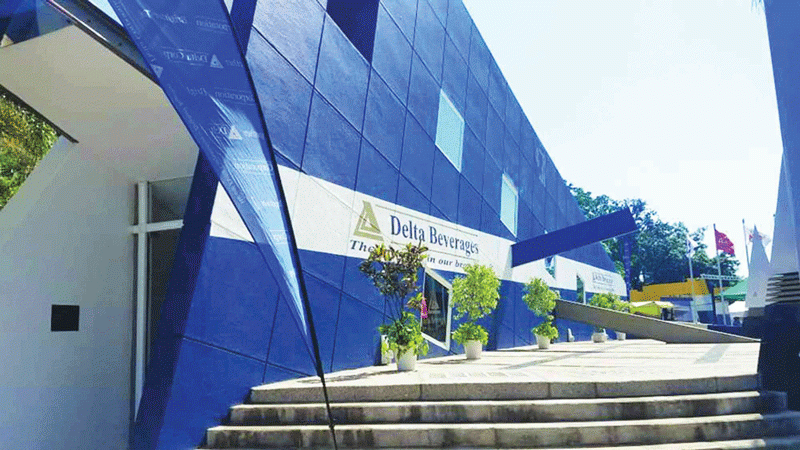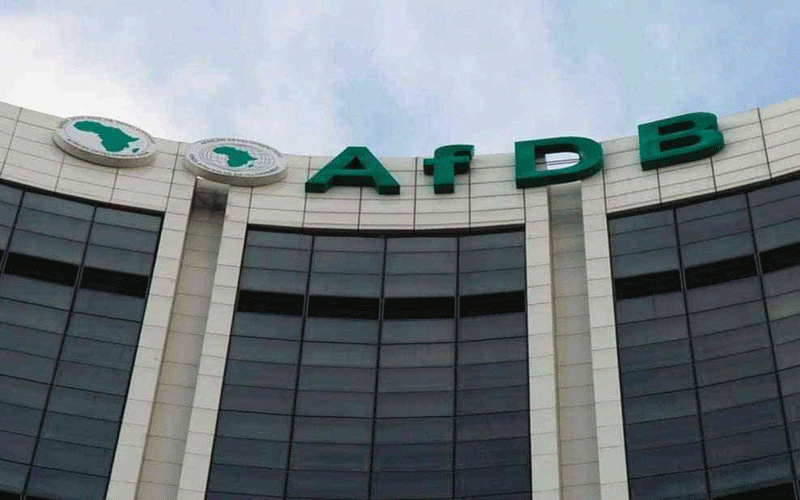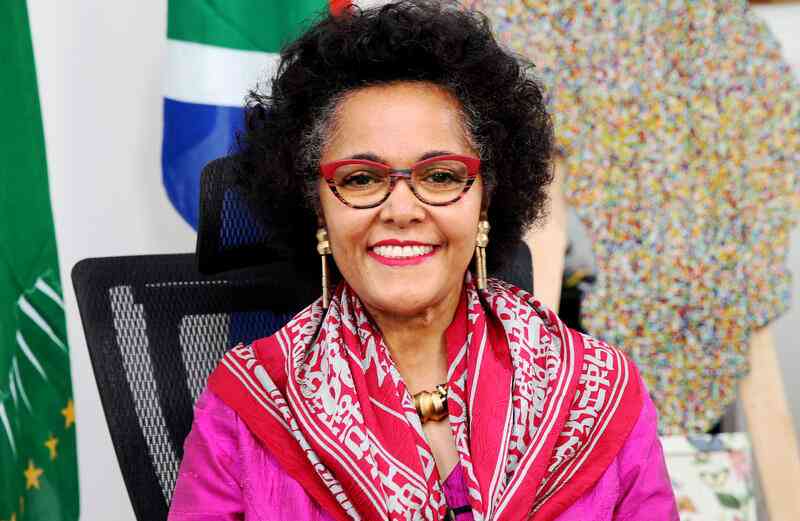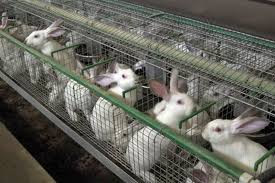DELTA Corporation Limited has paid US$20 million in sugar tax since February, which has made the beverages firm uncompetitive regionally, executives said this week.
The sugar tax came into effect at the beginning of this year, compelling firms in the beverage sector to pay US$0,02 tax on every gramme of sugar contained in beverages.
The tax was in March revised to US$0,001 on every gramme after an outcry by beverages players.
The impact of the sugar tax on Delta is expected to be felt in the beverage maker’s financial year ended March 31, 2025, on top of existing taxes.
Delta maker paid US$142 million in its 2024 financial year. Speaking at an analyst briefing for its half year performance ended September 30, 2024 on Wednesday, Delta group chief executive officer Matlhogonolo Valela told NewsDay Business that the sugar tax was high as compared to those prevailing in the region. “Well, since February, between ourselves and Schweppes, we have paid about US$20 million in sugar tax. Obviously, the rates of sugar tax, we think, are very high compared to regional compatriots. Therefore, it brings a competitiveness issue,” he said.
- Rabbit meat demand surges in Zim: Zicorba
- ZNCC calls for more IPP support
- ZICT boss warns of cryptocurrency scams
- India’s MOSIP to partner Sadc to enhance national identity systems
- As 2024 ends, insurers fret over govt third-party insurance takeover
“That’s why you are seeing regional inflows of similar competing products into our territory. It is on the basis that we are slightly more expensive than what people can source from alternative markets around us.”
Delta has a 49% stake in Schweppes Holdings Africa Limited.
Valela said Delta was in discussions with the government over the sugar tax, but that the effort would only be seen in the upcoming 2025 National Budget.
“We are hopeful that the government wants us to succeed and wants the economy to prosper,” he said.
By the end of the current financial year, Delta is on course to pay US$46 million in sugar tax.
Delta group finance director Alex Makamure said the introduction of sugar tax triggered the firm to increase the price of soft drinks by 33%, which has negatively impacted the consumers. This is coming as the firm is preparing for its busiest period, the festive season.
“So, it is a big tax from the rate at which it was imposed. So even at that US$0,001 per gramme, it is very high relative to other countries. So, all our pleas to the government have always been, yes, it’s noble to introduce a sugar tax, but maybe look at the level,” Makamure said.
He added that for most countries that implemented a sugar tax, the level was not as high as a beverage needed to have some sweetener for it to be palatable.
“Remember for us, your 300ml Coke was selling at US$0,25 or US$1 for four. We had to move to US$1 for three, which is a 33% increase. Quite huge from a consumer’s point of view. Schweppes, for example, they were selling your 2-litre Mazowe at, I think it was, US$3,20 or U$3. They went to US$4,50,” Makamure said.
“They have sort of discounted, now they are carrying some of the burden themselves. But it is very significant, particularly for your dilutable.”
He said Delta has no problem with the introduction of the sugar tax.
“So, it’s not saying don’t introduce a sugar tax. When you introduce it, introduce at a level that there is a minimal impact from a point of view, but you can still do an incentive of reducing the consumption of the sugar,” Makamure said.













